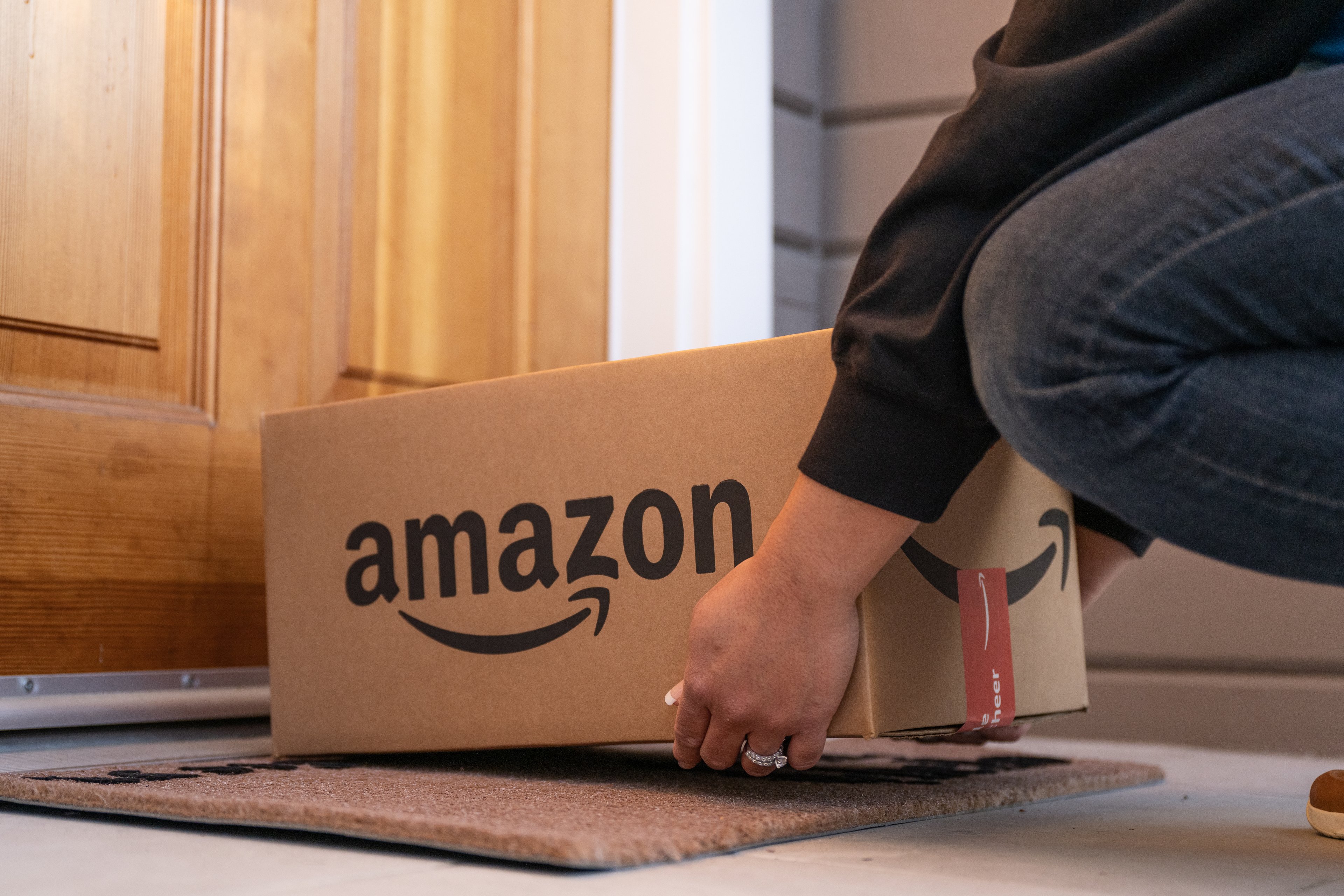Japanese antitrust regulators recently raided Amazon (AMZN 0.31%) Japan's offices, in response to allegations that the company asked its suppliers to absorb the costs of discounting goods. Amazon allegedly started asking its suppliers to pay "cooperation payments" last year, which would be applied toward system upgrades and other improvements.
The payments varied widely, from a few percent of sale prices to over 10%. Amazon reportedly uses a similar system for its U.S. suppliers. Amazon Japan, like Amazon's online marketplaces in other countries, is currently struggling with higher shipping and operating expenses.

Image source: Getty Images.
This is the second time Japanese regulators raided Amazon's offices in just two years. Last year, regulators accused Amazon Japan of forcing sellers to offer "the lowest price and the richest lineup of goods" on its platform.
The regulators closed the investigation after Amazon removed the clauses that required retailers to set prices at equal or lower levels than they do on rival e-commerce marketplaces. It's unclear if Amazon can settle the new probe in a similar way. If it can't, its international profits could be impacted.
Why Amazon Japan matters
Amazon Japan's revenue rose 10% to $11.9 billion last year, which accounted for 7% of Amazon's top line. That makes Japan Amazon's second largest foreign market, after Germany, which accounted for 10% of its top line during the year.
Japan is also the third largest e-commerce market in the world after the U.S. and China. But it's also a highly saturated market. The country has an internet penetration rate of 91%, and about 70% of consumers already shop online, according to a report by the Ecommerce Foundation. Japan's small size, its highly urban population, well-developed logistics infrastructure, and the high spending power of its consumers make it an ideal market for online retailers.

Image source: Author.
Amazon has gradually expanded its ecosystem in Japan, with the introduction of Prime, Amazon Video, food deliveries, and a new photography studio in Tokyo to complement its expansion into private label apparel.
The results have been mixed -- just 17% of Amazon users in Japan are Prime members, according to NTTCom Research, but Amazon Video nearly doubled its share of the streaming-video market with an 11.5% share last year, according to GEM Partners. That makes Amazon Video the fourth largest streaming platform in the country, after NTT DoCoMo, Hulu Japan, and U-NEXT -- in that order.
Meet the competition
Amazon hasn't locked down the Japanese market yet. Most studies indicate that it remains slightly behind its top rival, Rakuten, which was founded over two decades ago. Rakuten recently launched an online grocery-delivery service with Walmart's Seiyu, the nation's top supermarket chain, to widen its moat against Amazon.
But Rakuten isn't Amazon's only competitor. Telecom conglomerate Softbank (SFTBY 0.14%), Yahoo Japan, and brick-and-mortar retailer Aeon are pooling their resources together to launch a new e-commerce platform. That combination could be formidable, since Softbank could use to its advantage its position as a leading carrier to promote the new e-commerce platform, Yahoo Japan could integrate the marketplace into its portal, and Aeon could use its sprawling network of stores and malls to fulfill the orders.
Meanwhile, Seven and I Holdings, which owns 7-11 and the Ito Yokado general merchandise stores, introduced a food-delivery service with mail-order office supply retailer Askul last year.
Will an antitrust probe slow Amazon down?
This new probe comes at a tough time for Amazon: The company faces a lot of competitors in a saturated market. If regulators force Amazon to stop seeking "cooperation payments," its operating costs in Japan could rise and take a bite of the operating profits of its international business.
That wouldn't be pretty, since the international marketplace unit posted an operating loss of $3.1 billion over the past 12 months. However, Amazon offset that decline with operating profits of $2.8 billion and $4.3 billion in its North American marketplace and Amazon Web Services, respectively, during the same period.
The continued growth of those two businesses should offset any bottom-line declines in its international unit for the foreseeable future. Therefore, investors should keep an eye on the developments in Japan, but remember that results from that geographic segment probably won't significantly move the needle in either direction.








